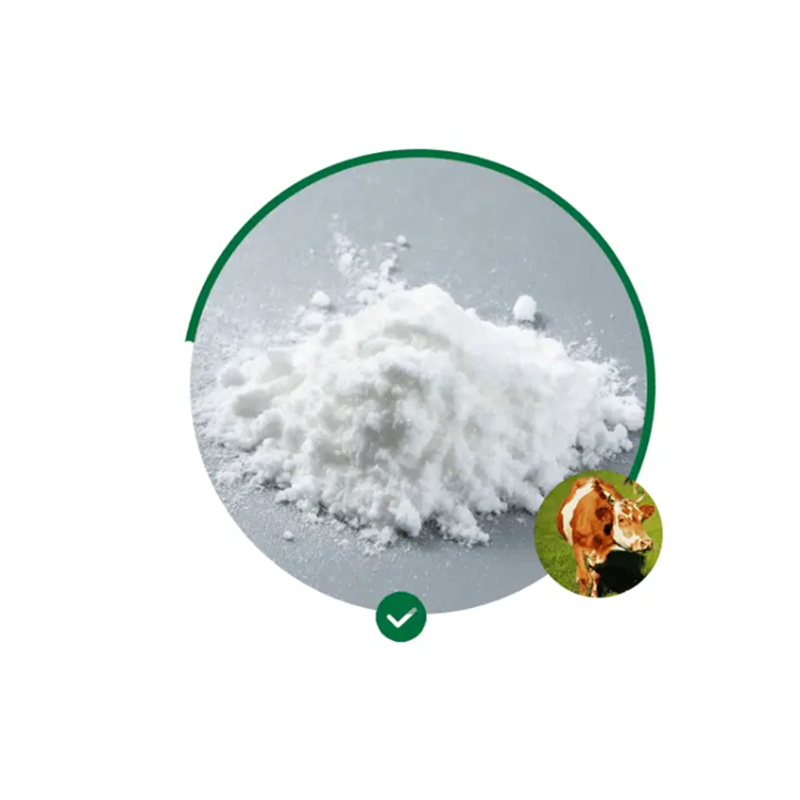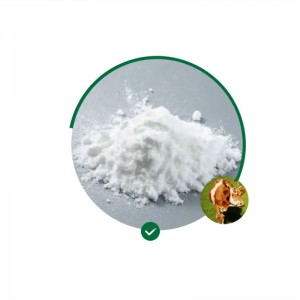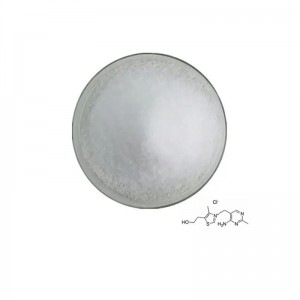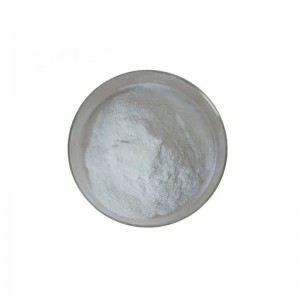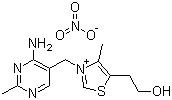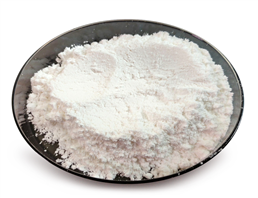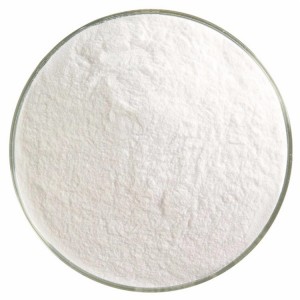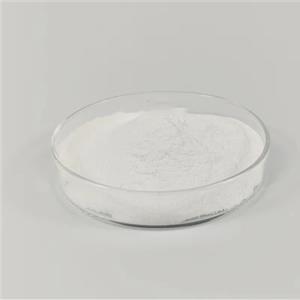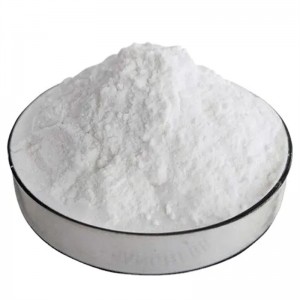| Basic Information | |
| Product name | Thiamine Mononitrate |
| Other name | Thiamine nitrate |
| Grade | Food grade/Feed grade |
| Appearance | white or almost white crystalline powder or colourless crystals |
| Assay | 98.0%-102.0% USP |
| Shelf life | 3 Years |
| Packing | 25kg/Carton |
| Characteristic | Sparingly soluble in water, freely soluble in boiling water, slightly soluble in alcohol and in methanol. |
| Condition | Protect from light, heat, moisture, and keep sealed |
Product description
Thiamine nitrate is the thiamine salt formed from one mole of thiamine base and one mole of nitric acid. It occurs as an anhydrous crystalline solid of low hygroscopicity. Thiamin (vitamin B1) is a member of the vitamin B complex. Attributing to low hydroscopicity, thiamine nitrate works as a more stable form of thiamine in pharmaceutical preparations.
Thiamine nitrate is preferred to be used for the preparation of multivitamins and as a food fortification in dry blends and dry products such as in wheat flour.
Function
Thiamine mononitrate (Vitamin B1) provides thiamine, essential in the body's use of carbohydrates as an energy source and for metabolizing amino acids. Thiamine requirements increase when carbohydrates are used as a main source of energy.
Application
It is used as a food or nutritional supplement and is the preferred form of the vitamin for food fortification.
Thiamin mononitrate is used in the pharmaceutical industry to treat beriberi and general malnutrition or malabsorption.
Thiamine can be found naturally in foods like grains, yeast, molasses, pork and animal organ meats. Dairy, eggs and legumes have smaller amounts.Though thiamine is found naturally in foods, thiamine mononitrate is not.
Thiamine mononitrate is synthesized by removing a chloride ion from thiamin hydrochloride and mixing the final product with nitric acid. Thiamine hydrochloride is hygroscopic (water-absorbing) whereas the mononitrate has almost no hygroscopic properties. For this reason, the mononitrate is the more stable form of the vitamin in fortified flours and cereals.Thiamine mononitrate is also specifically known as mononitrate de thiamine, nitrate de thiamine, and thiamine nitrate. In addition, it often be used as nutrition in the food and feed additives.

